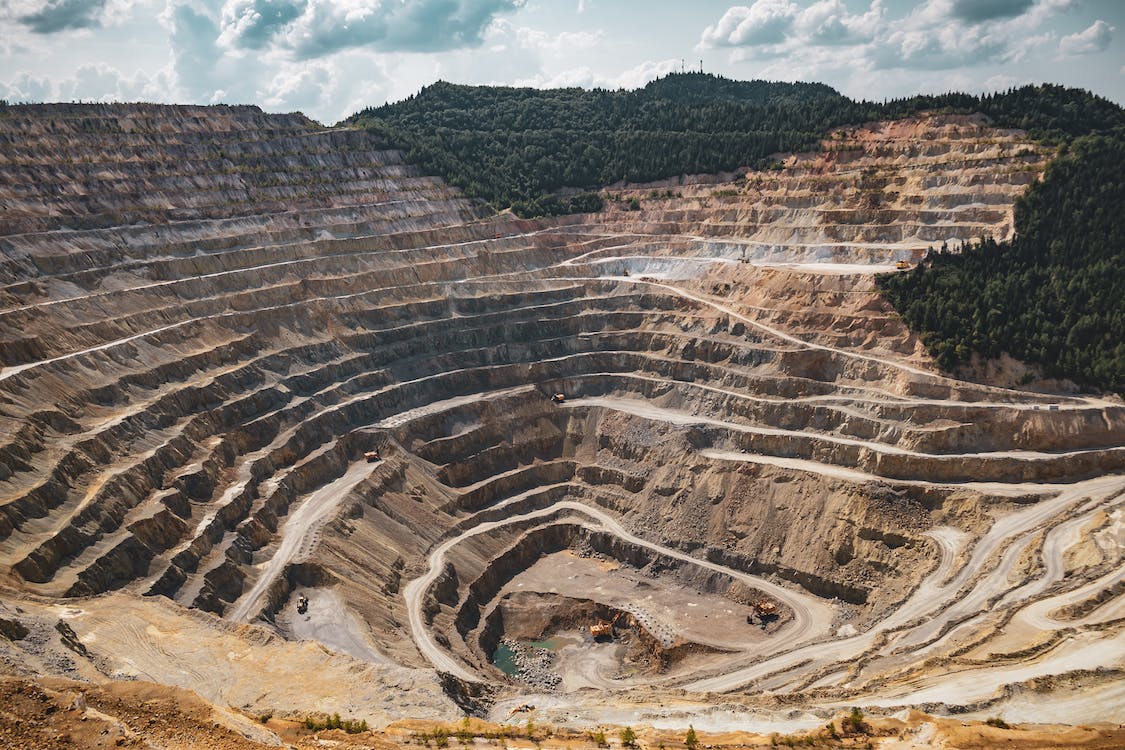How Long Does the Excavation Process Typically Last?

How Long Does the Excavation Process Typically Last?
Excavation is a fundamental phase that prepares the ground for a variety of projects, from building foundations to pipeline installations, in the field of construction and civil engineering. The length of the excavation process is a frequently asked subject since it is important for project planning and resource allocation. Let's investigate the complexities of the excavation procedure and the variables that affect how long it normally takes.
Understanding Excavation: A Brief Overview
Excavation is the removal of soil, rock, or other materials from a location in order to make a hollow or open area. This area may act as the base for buildings, drainage plans, or utility installations. Digging, trenching, grading, and site preparation are all steps in the process that help ensure the project's stability and integrity.
Factors Influencing the Duration of Excavation
- Scope of the Project: The length of the excavation period is significantly influenced by the project's size and complexity. While major tasks like establishing a basement for a commercial building can take several weeks, smaller tasks like digging a residential foundation may just take a few days.
- Soil Conditions: The excavation process can be considerably impacted by the type of soil at the location. Soft soil is easier to work with but may need additional stabilizing techniques. On the other side, rocky or hard soil requires extra time and specific tools.
- Weather and Climate: Delays in excavation might be caused by bad weather. The operation of heavy machinery is impacted by weather conditions such as rain, snow, or high heat, which can impede development.
- Depth of Excavation: The necessity for accuracy and safety precautions when digging deeper cavities increases the time required. Shoring or retaining walls may also be needed for deeper excavations as a kind of support.
- Access to the Site: Since it influences how equipment and vehicles enter and exit the site, a lack of access points might cause the operation to lag.
- The Step-by-Step Excavation Process
1. Site Preparation
The location must be thoroughly marked and examined prior to excavation. This process guarantees precise digging and guards against unintentional damage to utility wires.
2. Clearing and Demolition
For excavation to take place, any debris, vegetation, or built-up structures must be removed. Structure demolition can also be required.
3. Digging and Trenching
Bulldozers and excavators are employed to dig to the required depth and shape. During this stage, utility trenches are also made.
4. Sloping and Benching
The sides of the excavation are sloped or benched in accordance with safety requirements and soil conditions to prevent cave-ins.
5. Laying Utilities
Utilities including sewer lines, water pipes, and electricity conduits can be constructed inside the trench if necessary.
6. Inspection
To guarantee that the excavation is done appropriately and in accordance with safety requirements, local authorities check the site.
7. Backfilling
After the project's goals are achieved, the empty space is gradually filled with soil and compacted.
The Timeframe Variability
A few days to several months may pass while excavation is being done. It's vital to remember that unforeseen difficulties, such running into unanticipated rock formations or dealing with water seepage, can cause the schedule to be extended.
Conclusion
A crucial phase of construction and development projects is the excavation procedure. The length of the excavation process varies depending on a number of variables, but careful planning, observance of safety precautions, and flexibility in the face of unforeseen events all work together to ensure success.
FAQs
Q1: Is excavation duration the same for all types of construction projects? A: No, the timeframe varies according on each project's size, complexity, and particular needs.
Q2: How can adverse weather conditions affect excavation? A: Rain, snow, and intense heat can cause the ground to become unstable, delaying excavation and posing safety issues.
Q3: What measures are taken to ensure worker safety during excavation? A: Safety measures include shoring, benching, sloping, and constant site inspections to prevent cave-ins and accidents.
Q4: Can excavation timelines be shortened? A: Timelines can be shortened, but it's important to avoid sacrificing security and excellence in favor of expediency.
Q5: Are there regulations governing excavation processes? A: In order to maintain worker safety and environmental protection, excavation activities are indeed guided by local rules and safety requirements.
